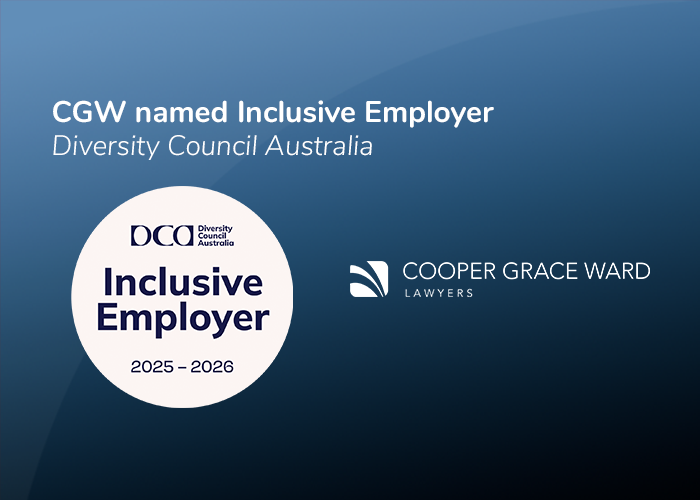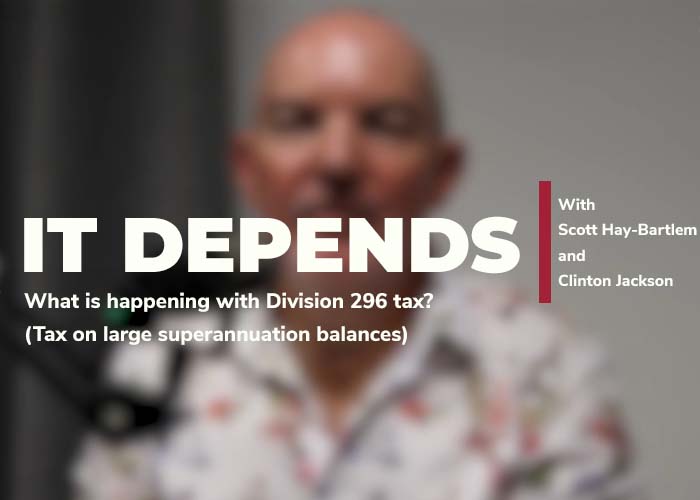Yes, if you engage an expert family lawyer, who will draft your agreement carefully and give you the right advice.
A prenup (referred to as a ‘financial agreement’ in Australia) is the most the law has to offer a spouse wanting to protect their wealth.
Financial agreements by no means deserve the beating they have received from the media, with headlines like ‘Prenups on shaky ground’, which have, unfortunately, mostly arisen from poorly prepared agreements or those negotiated under pressure of time or circumstance.
While no lawyer can provide a cast iron guarantee that a financial agreement will not be set aside in the future, they can ensure the agreement is as insurmountable as possible through careful drafting and advice.
At the very least, a financial agreement should deter a party from litigating upon separation, as:
- family law proceedings are costly and delayed
- the spouse must first be successful in having the agreement set aside before the court will consider making orders for property settlement or spousal maintenance.
What is a prenup?
A prenup essentially contracts out of the courts’ ability to make property settlement or spousal maintenance orders upon separation.
It allows spouses to set out how they will deal with their financial affairs if they separate, instead of being subject to the regime in the Family Law Act.
What can I include in my financial agreement?
Financial agreements cannot deal with children’s care arrangements. They only deal with property settlement and maintenance.
While each client’s circumstances are different, some common clauses in prenups include the following:
- Any assets a spouse brings into the relationship remain solely their own upon separation, and all assets accumulated in joint names during the relationship will be divided equally.
- A sliding scale of entitlements will be paid by the wealthier spouse to the other spouse depending upon how long the parties are together, for instance $20,000 for three years of cohabitation, $30,000 for five years, etc.
- The agreement only quarantines a particular asset (for instance, inherited farming property that may have been owned by the same family for generations). All other assets of the parties are not subject to the financial agreement and will be divided in accordance with the Family Law Act.
- The agreement terminates upon the occurrence of an event, such as the parties having a child together or living together for 10 years.
Why would my agreement be set aside?
These are the most common reasons we see agreements set aside:
- The wealthier spouse has not given the other spouse enough time to consider the agreement and propose any changes before it is signed.
A spouse needs adequate time to read the agreement, obtain legal advice and negotiate the terms of the agreement. This process would ideally take months, not days.
If you are getting married, we recommend you see a lawyer before wedding plans are finalised and invitations sent out. Prenups signed days before a wedding pose a huge risk that the financially weaker spouse will later argue they were pressured to sign the agreement.
A prenup can still be made after marriage (by simply referring to a different section of the Family Law Act in the agreement) and it will be a safer option to do so where the wedding date is looming. - Communications between the parties reflect that the wealthier spouse is not open to negotiations or is placing a great deal of pressure on the other spouse to sign the agreement. Be extremely careful what you put in writing to your spouse in the lead up to signing a financial agreement.
- There has been inadequate or no disclosure, or there has been an inaccurate estimate of the value of assets owned by a party.
It is prudent to include a schedule of each party’s assets and liabilities in a financial agreement and record the documents they have exchanged by way of disclosure.
Even where a party has included their various assets in a balance sheet annexed to the agreement, if they have grossly underestimated the value of their assets, this could be non-disclosure and a reason for the agreement to later be set aside. - The agreement does not follow the technical requirements in the Family Law Act. Such requirements include that the agreement must refer to a particular section of the Act and that each party must have their own independent lawyer advise them about the advantages and disadvantages of the agreement and the effect of the agreement on their rights before they sign the agreement.
It may be that the wealthier spouse pays for legal advice for the other spouse (because each party must have their own lawyer), but, if so, then a clause could be included in the agreement setting out that this wasn’t to pressure the spouse into signing, but rather to ensure they received quality legal advice. - Since the making of the agreement, the parties have had children, such that, if the agreement is not set aside, a party will suffer hardship. When drafting an agreement for couples who do not have children but anticipate they will in the future or are of child-bearing age, it may be prudent to include some sort of provision for the financially weaker party in the event of separation.






